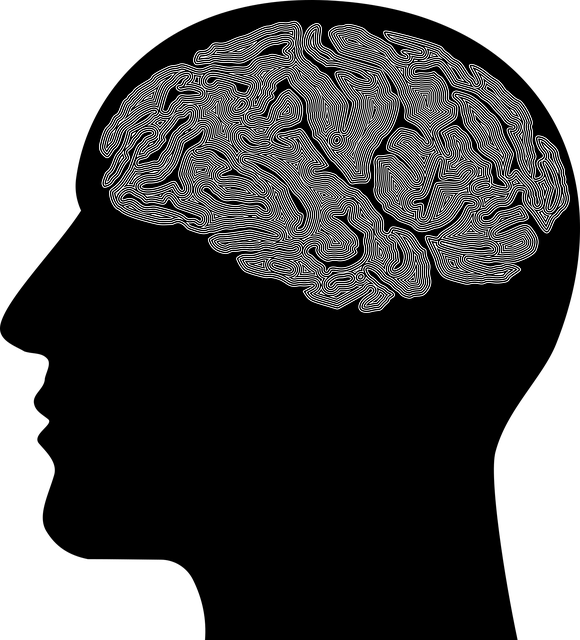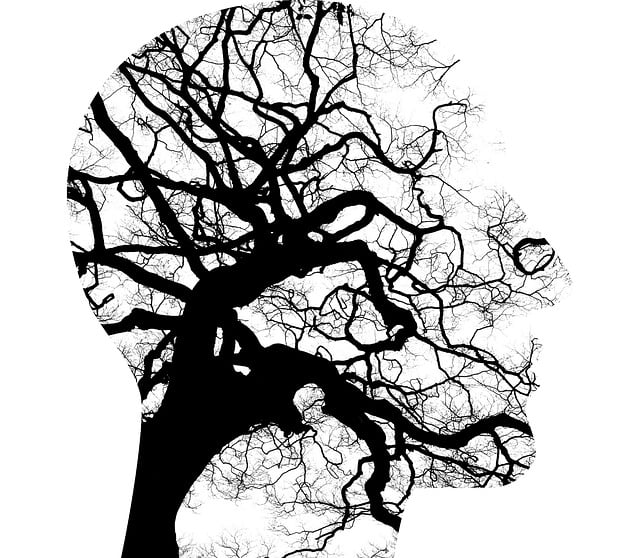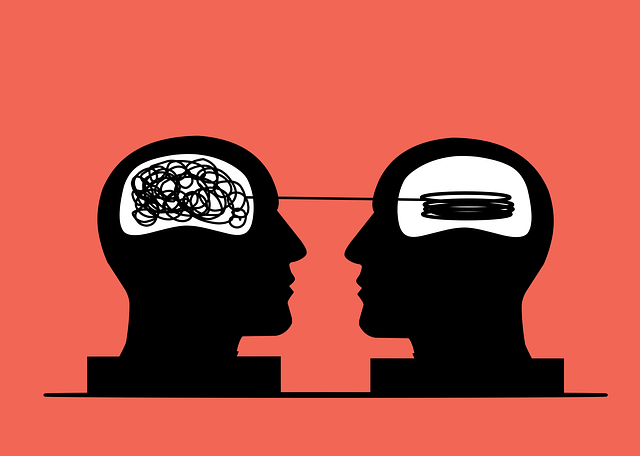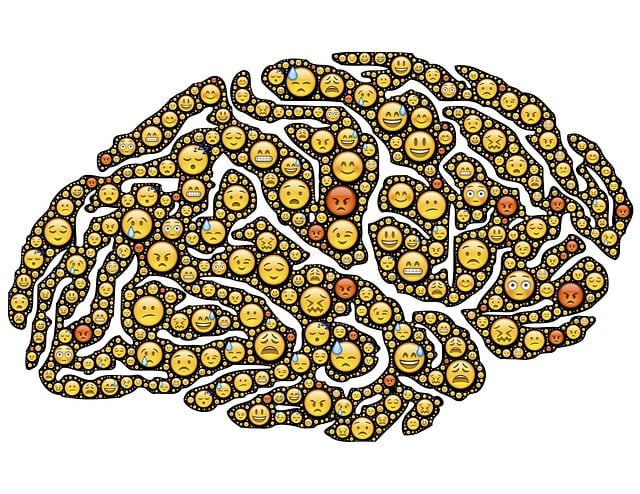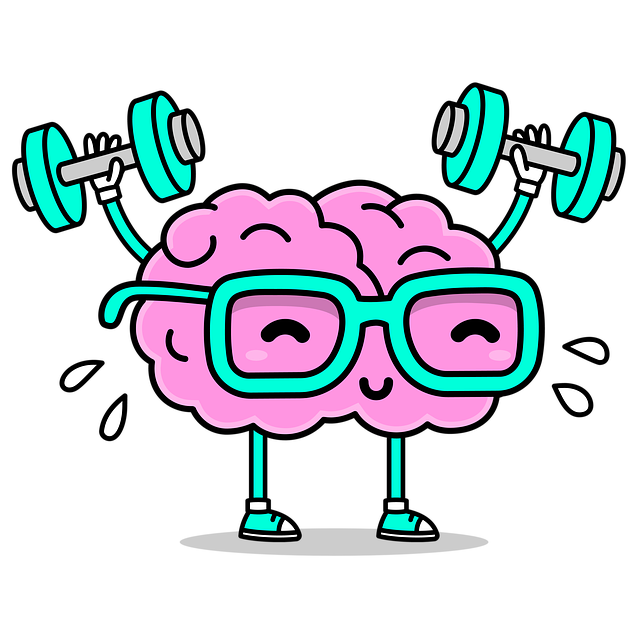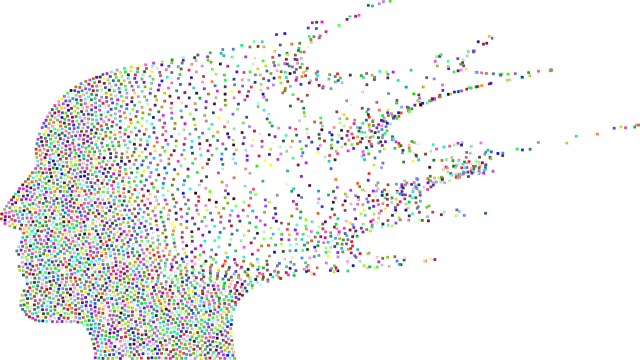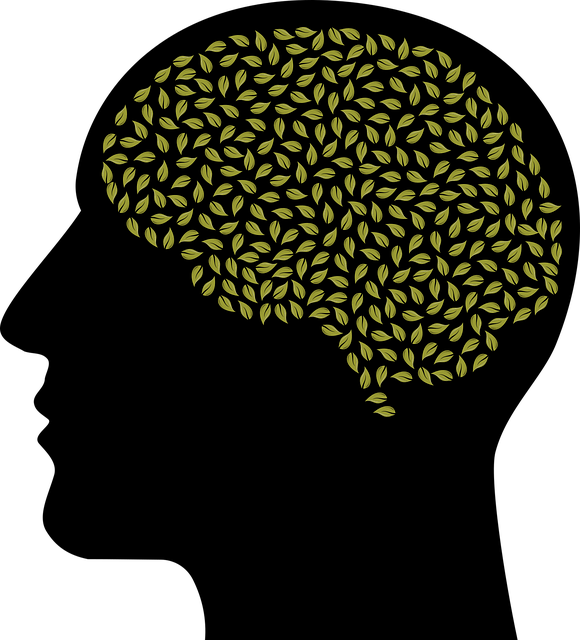Boulder Eating Disorders Therapy offers a comprehensive program focused on building resilience through tailored strategies, empowering individuals to overcome eating disorders. By integrating Recovery, Flexibility, and Mastery (RFM), they provide crisis intervention guidance, enhance self-awareness, and promote healthy relationships with food and bodies. Through personalized assessments, targeted interventions, mindfulness exercises, and regular progress evaluations, the program ensures effective, customized recovery plans that align with Mental Health Awareness initiatives.
“In today’s fast-paced world, building resilience is key to navigating life’s challenges. This article explores the power of RFM (Resilience, Flexibility, and Mindfulness) as a framework for enhancing mental fortitude. We delve into how Boulder Eating Disorders Therapy offers unique insights, particularly in addressing risk factors that can hinder growth. Learn about identifying personal triggers and creating tailored resilience plans. Discover successful measurement techniques and the importance of adjustment strategies. Empower yourself with knowledge from Boulder Eating Disorders Therapy to foster adaptability and navigate life’s storms.”
- Understanding RFM: A Framework for Resilience
- The Role of Boulder Eating Disorders Therapy
- Identifying and Addressing Risk Factors
- Creating a Customized Resilience Building Plan
- Measuring Success and Adjusting Strategies
Understanding RFM: A Framework for Resilience

Resilience is a critical component of mental health awareness, enabling individuals to navigate life’s challenges and setbacks with adaptability and bounce-back strength. Understanding RFM—a framework that integrates Recovery, Flexibility, and Mastery—is essential for Boulder Eating Disorders Therapy clients. This approach empowers them to build coping skills development tailored to their unique needs.
By recognizing the interplay between these three dimensions, individuals can enhance their crisis intervention guidance. Recovery involves overcoming eating disorders or other mental health issues; Flexibility equips them with tools to adapt during difficult times; and Mastery grants a sense of control and self-efficacy. Together, they foster resilience, enabling clients to face challenges head-on and emerge stronger, aligning perfectly with the goals of Mental Health Awareness initiatives.
The Role of Boulder Eating Disorders Therapy

Boulder Eating Disorders Therapy plays a pivotal role in fostering resilience and promoting healthy relationships with food and bodies. Through tailored self-awareness exercises, therapists help individuals gain insights into their emotional triggers and underlying causes of disordered eating patterns. By integrating mind over matter principles, clients learn to challenge societal pressures and internalized beliefs that contribute to unhealthy behaviors.
The program emphasizes the importance of cultivating self-care practices as a foundational component of recovery. By encouraging clients to engage in activities that nurture both physical and mental well-being, Boulder Eating Disorders Therapy equips individuals with the tools needed to navigate challenging situations and maintain a positive relationship with food, body, and self.
Identifying and Addressing Risk Factors

Identifying and addressing risk factors is a cornerstone of effective Boulder Eating Disorders Therapy. Mental health professionals play a vital role in helping individuals recognize and mitigate potential hazards that could lead to or exacerbate eating disorders. This involves not just acknowledging symptoms but also delving into underlying stressors, such as social pressures, body image issues, or past traumatic experiences.
Through comprehensive Risk Management Planning for Mental Health Professionals, therapists can incorporate Mental Wellness Journaling Exercises as a tool to guide clients in tracking their emotions, thoughts, and behaviors. By fostering self-awareness through journaling, individuals gain insights into triggers and coping mechanisms, enhancing their ability to manage stress and maintain mental wellness. Stress management techniques, when integrated into daily routines, become powerful allies in preventing relapse and promoting resilience.
Creating a Customized Resilience Building Plan

Building resilience is a personalized journey, and creating a tailored plan for individuals struggling with eating disorders can significantly enhance their path to recovery. At Boulder Eating Disorders Therapy, we emphasize the importance of a customized approach, recognizing that every person’s experience and needs are unique. This involves a comprehensive assessment, where therapists delve into the individual’s history, triggers, and specific challenges related to their eating disorder. By understanding these factors, therapists can design targeted exercises and strategies.
One powerful tool in our arsenal is Mental Wellness Journaling Exercise Guidance. Encouraging clients to reflect on their thoughts and emotions through journaling helps them develop self-awareness and identify unhealthy patterns. Additionally, Mind Over Matter Principles are integrated into the plan, teaching individuals to challenge negative thoughts and foster a more positive mindset. The development of such personalized coaching programs ensures that every step taken towards recovery is guided, effective, and aligned with the client’s unique journey, ultimately facilitating a more successful and lasting transformation.
Measuring Success and Adjusting Strategies

Measuring success and adjusting strategies are integral components of effective Boulder eating disorders therapy. The journey towards resilience involves a series of milestones and setbacks, making it crucial to regularly evaluate progress. Therapists often employ various metrics such as changes in dietary patterns, emotional well-being, and overall functioning in daily life. These measurements help identify what’s working and what needs refining. For instance, tracking the frequency and intensity of binge eating episodes or the level of distress associated with food can provide valuable insights.
By closely monitoring these indicators, therapists can tailor Empathy Building Strategies and Communication Strategies accordingly. Mindfulness Meditation techniques might be introduced to help individuals cultivate present-moment awareness and better manage triggers. Adjustments could also involve incorporating new activities or modifying existing exercises to foster a deeper sense of connection with one’s body and emotions, ultimately leading to more sustainable recovery.
Boulder Eating Disorders Therapy offers a unique approach to building resilience using the RFM framework. By understanding risk factors, customizing plans, and measuring success, individuals can enhance their ability to navigate challenges. This tailored strategy ensures that everyone’s needs are met, fostering a stronger, more resilient self. Incorporating these practices can lead to profound personal growth, making Boulder Eating Disorders Therapy a valuable resource for those seeking to build resilience and improve overall well-being.


